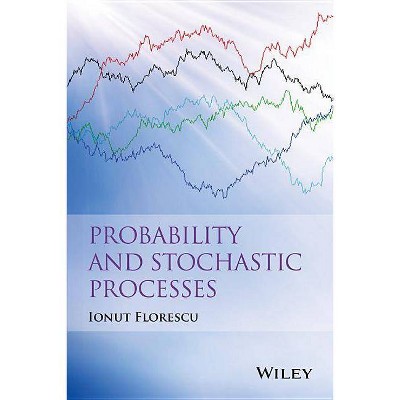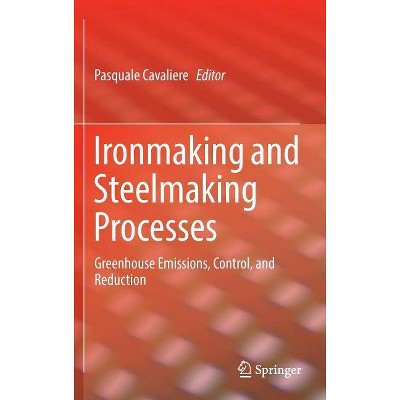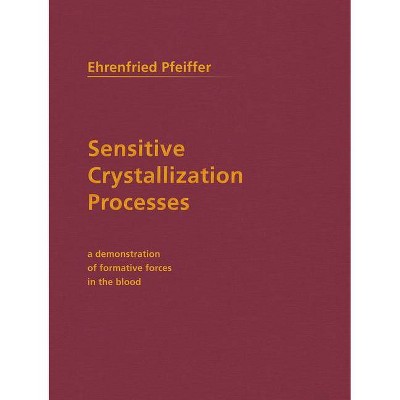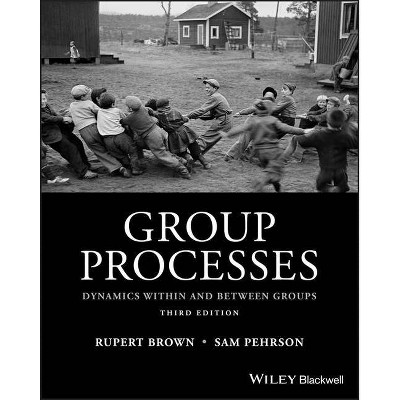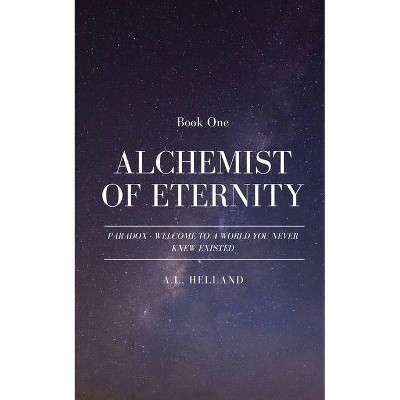Epistemic Processes - 2nd Edition by Inge S Helland (Hardcover)
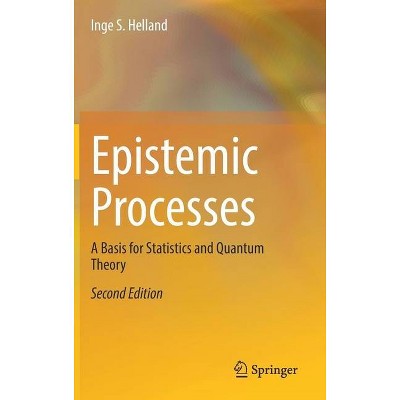
Similar Products
Products of same category from the store
AllProduct info
<p/><br></br><p><b> Book Synopsis </b></p></br></br><p>This book discusses a link between statistical theory and quantum theory based on the concept of epistemic processes. The latter are processes, such as statistical investigations or quantum mechanical measurements, that can be used to obtain knowledge about something. Various topics in quantum theory are addressed, including the construction of a Hilbert space from reasonable assumptions and an interpretation of quantum states. Separate derivations of the Born formula and the one-dimensional Schrödinger equation are given.</p> <p>In concrete terms, a Hilbert space can be constructed under some technical assumptions associated with situations where there are two conceptual variables that can be seen as maximally accessible. Then to every accessible conceptual variable there corresponds an operator on this Hilbert space, and if the variables take a finite number of values, the eigenspaces/eigenvectors of these operators correspond to specific questions in nature together with sharp answers to these questions. This paves a new way to the foundations of quantum theory.</p> The resulting interpretation of quantum mechanics is related to Hervé Zwirn's recent Convivial Solipsism, but it also has some relations to Quantum Bayesianism and to Rovelli's relational quantum mechanics. Niels Bohr's concept of complementarity plays an important role. Philosophical implications of this approach to quantum theory are discussed, including consequences for macroscopic settings.<br>The book will benefit a broad readership, including physicists and statisticians interested in the foundations of their disciplines, philosophers of science and graduate students, and anyone with a reasonably good background in mathematics and an open mind. <p/><p></p><p/><br></br><p><b> From the Back Cover </b></p></br></br><p>This book discusses a link between statistical theory and quantum theory based on the concept of epistemic processes. The latter are processes, such as statistical investigations or quantum mechanical measurements, that can be used to obtain knowledge about something. Various topics in quantum theory are addressed, including the construction of a Hilbert space from reasonable assumptions and an interpretation of quantum states. Separate derivations of the Born formula and the one-dimensional Schrödinger equation are given.</p><p>In concrete terms, a Hilbert space can be constructed under some technical assumptions associated with situations where there are two conceptual variables that can be seen as maximally accessible. Then to every accessible conceptual variable there corresponds an operator on this Hilbert space, and if the variables take a finite number of values, the eigenspaces/eigenvectors of these operators correspond to specific questions in nature together with sharp answers to these questions. This paves a new way to the foundations of quantum theory.</p><p>The resulting interpretation of quantum mechanics is related to Hervé Zwirn's recent Convivial Solipsism, but it also has some relations to Quantum Bayesianism and to Rovelli's relational quantum mechanics. Niels Bohr's concept of complementarity plays an important role. Philosophical implications of this approach to quantum theory are discussed, including consequences for macroscopic settings.</p><br>The book will benefit a broad readership, including physicists and statisticians interested in the foundations of their disciplines, philosophers of science and graduate students, and anyone with a reasonably good background in mathematics and an open mind.<br><p/><br></br><p><b> About the Author </b></p></br></br><p>Inge S. Helland completed his cand.mag (B.S.) in mathematics and physics at the University of Bergen in 1970. After a research fellowship at The Niels Bohr Institute, Copenhagen in fall 1971, he turned to statistics, and completed his cand.real. (M.S.) at the University of Bergen in 1973. He was a fellow at the University of Bergen from 1973 to1978, including a research stay at the University of California, Berkeley in 1977 and 1978. He was then an Associate Professor of Statistics at the Agricultural University of Norway, later Norwegian University of Life Sciences, from 1978 to 1983, and Professor at the same university from 1983 to 1996. </p><p>He obtained his dr. philos. degree on limit theorems for stochastic processes from the University of Oslo in 1980, and was Professor of Statistics at the University of Oslo from 1996 to 2012, when he went took on an emeritus position. His research covers a large area of theoretical and applied statistics, including proposing a statistical model connected to the chemometricians' partial least squares algorithm. </p>
Price History
Price Archive shows prices from various stores, lets you see history and find the cheapest. There is no actual sale on the website. For all support, inquiry and suggestion messagescommunication@pricearchive.us




